The Dialogues of Plato
After Socrates has given this specimen of the true nature of teaching, the original question of the teachableness of virtue is renewed. Again he professes a desire to know 'what virtue is' first. But he is willing to argue the question, as mathematicians say, under an hypothesis. He will assume that if virtue is know ledge, then virtue can be taught. (this was the stage of the argument at which the Protagoras concluded.) Socrates has no difficulty in showing that virtue is a good, and that goods, whether of body or mind, must be under the direction of knowledge. Upon the assumption just made, then, virtue is teachable. But where are the teachers? There are none to be found. This is extremely discouraging. Virtue is no sooner discovered to be teachable, than the discovery follows that it is not taught. Virtue, therefore, is and is not teachable.
{{comment.content}}
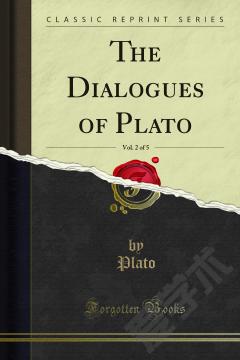
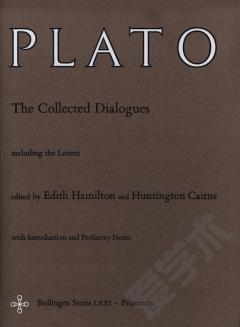
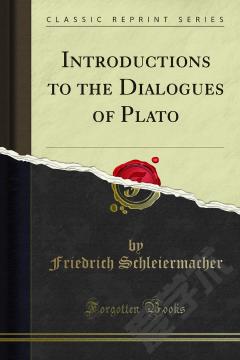
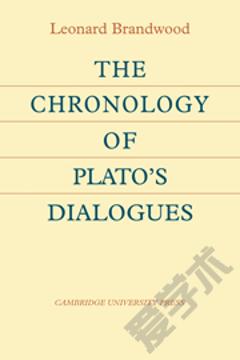

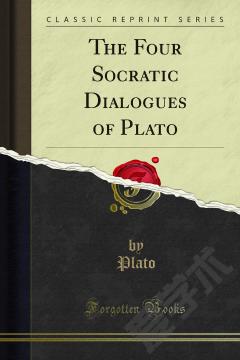


 京公网安备 11010802027623号
京公网安备 11010802027623号